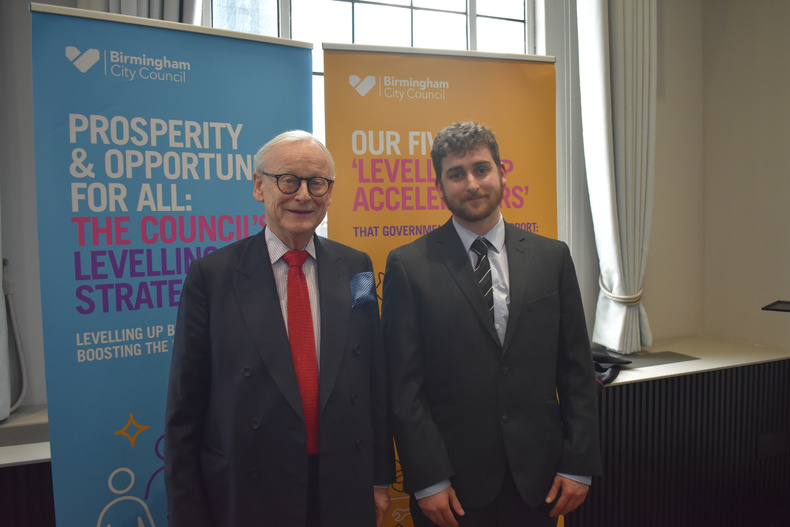Climate Change conference calls for regional collaboration

Collaboration across the region is vital to achieve climate change, a conference in Birmingham was told yesterday, writes Sophia Corness-Parr.
During the Climate Change Committee (CCC) roundtable conference, business leaders and regional partners met to discuss net-zero strategy in the West Midlands.
The CCC 's visit to Birmingham marked the start of a new 'national conversation ' initiative they are embarking on to hear and reflect on the views from authorities, organisations and individuals involved in delivering Net Zero throughout the UK.
The conference, hosted by Birmingham City Council, provided the platform for key partners to speak alongside the CCC in order to voice the climate opportunities and challenges of the region.
Greater Birmingham Chambers of Commerce (GBCC) facilitated round table discussions on the practical support Birmingham businesses need to decarbonise their operations and capture opportunities arising from a greener economy.
Presentations included Birmingham 's 'route to zero ', delivered by Birmingham City Council, which discussed net zero initiatives on housing, transport and waste. Another, from West Midlands Combined Authority, spoke on delivering green skills and jobs. It highlighted the need to support workers as 41 per cent of the West Midlands workforce are employed in high carbon-omitting industries.
A reoccurring theme at the conference was the need for collaboration across the region.
Key speaker Lord Deben (John Gummer), chair of the CCC and former environmental secretary, said: “The climate crisis is a matter of urgency; we only have nine years to reach 68 per cent reduction of emissions.
“In the end, we 're not going to deliver this at the centre, we 're going to deliver this through local authorities, communities and businesses. ”
Will Hargreaves, policy adviser on environmental sustainability at GBCC, put forward member feedback on their sustainability efforts. Of the challenges faced by businesses in moving to net zero, he said: “The top three highest barriers were lack of time (35 per cent), lack of grant funding (25 per cent) and uncertainty surrounding options available to businesses (23 percent).
“Interestingly, we found that where businesses haven 't taken any environmental measures, knowledge, information and skills related barriers were higher. Whereas, businesses implementing measures for a longer period of time, barriers were financial, or cost related. ”
Pictured: Lord Deben and Will Hargreaves
